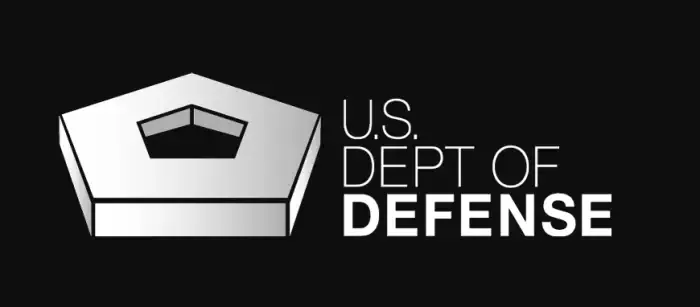DOD Produces Climate Assessment Tool, Strengthens Climate Cooperation With Six Allies

Two years ago at the Climate Leaders Summit led by President Joseph R Biden Jr., Honorable Secretary of Defense Lloyd J. Austin III committed to produce tailored versions of the DOD Climate Assessment Tool (DCAT) for six allies: Australia, Germany, Italy, Japan, Republic of Korea and the United Kingdom.
Over the past several months, department personnel have been engaged in tool development and climate change data identification with these allies, and today, the U.S. has delivered on that climate commitment. Sharing a customized version of DCAT with allies enhances their climate resilience, promotes security cooperation and interoperability and strengthens U.S. national security.
Today, the Pentagon hosted a Climate Assessment Tool Ceremonial event with embassy staff from the allies. The Offices of the Deputy Assistant Secretary of Defense for Environment and Energy Resilience and Deputy Assistant Secretary of Defense for Arctic and Global Resilience jointly hosted this ceremonial event to mark the successful development of these tools.
The Department understands the impacts of climate change are real, are occurring today and must be accounted for in defense planning. Climate change will continue to amplify operational demands on the force and allies, degrade installations and infrastructure, increase health risks to service members and require modifications to existing and planned military capabilities. Extreme weather events are already costing the department billions of dollars and are degrading mission capabilities and readiness. The nations and alliances that are more resilient to the impacts of climate will have a competitive advantage. The department is committed to working closely with allies and partners to enhance our collective resilience and adapt to the challenges posed by climate change.
The department must take bold steps to accelerate adaptation to reduce the adverse impacts of climate change. Adapting to climate change will result in a more agile military, strengthened alliances, resilient infrastructure, and increased opportunity for technical innovation and economic growth. The department’s climate resilience measures start with analysis from DCAT. DCAT is the department’s climate assessment tool leveraging best available and actionable data and methods. Assessing long-term exposure through tools like DCAT is essential for understanding climate risks and vulnerabilities.
In addition to DOD sharing a version of DCAT with several allies, the department also continues to fund ongoing research to improve DCAT for use in long-term military investments and other DOD planning scenarios out to 2050 and 2085. At the installation level, improved capabilities in DCAT will allow easier integration with military department-specific geographic information system layers (e.g., flooding) to analyze an installation’s exposure or susceptibility to climate and extreme weather events. This will help inform land use recommendations and support resilient design, engineering and construction.
For military departments, DCAT identifies installations or facilities requiring focused attention or more detailed studies to determine mission impacts and exposure risk reduction strategies. Similarly, DOD leadership can use DCAT to inform investment, policy decisions and requests from Congress by comparing climate exposure across the department.
Climate change knows no borders. No nation can find lasting security without addressing the accelerating climate hazards. The department values climate security collaboration with our allies, and beyond sharing climate assessment tools, DOD aims to further expand defense partnerships in this critical area of mutual concern and national security.
For additional information on DCAT and the Department’s climate efforts, visit the DOD Tackling the Climate Spotlight.



